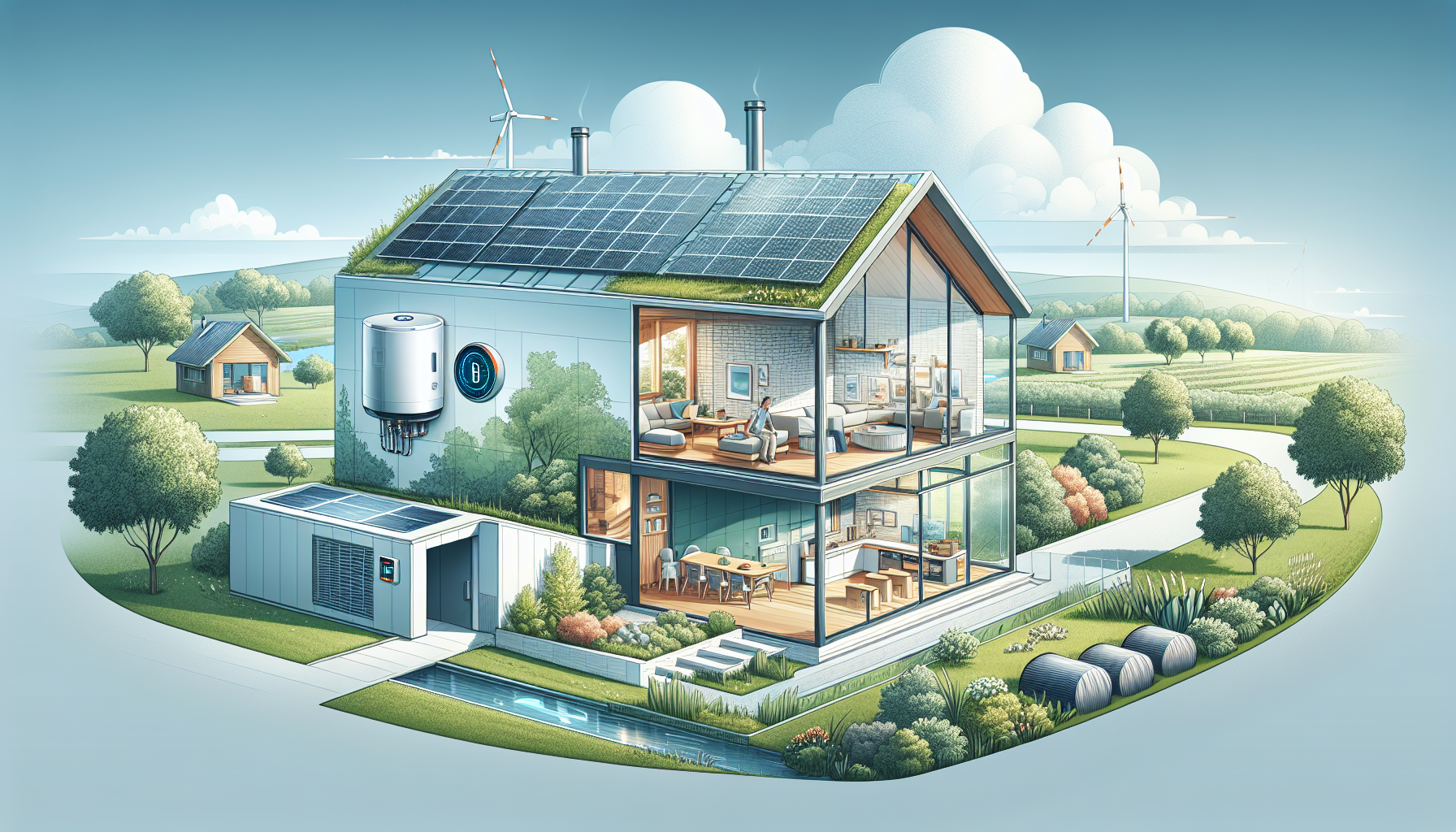Explore the latest eco-friendly heating advancements transforming modern homes. See how sustainable technologies are reshaping home design and why these innovations are crucial for a greener future.
As concerns over climate change grow, eco-friendly heating solutions have become increasingly important in modern home design. These innovations not only reduce carbon footprints but also provide cost-effective and efficient heating options. By integrating these technologies, homeowners can contribute to a more sustainable future while enjoying the benefits of advanced heating systems.
Efficient Heat Pumps
One of the most significant advancements in eco-friendly heating is the development of efficient heat pumps. These devices transfer heat from one place to another using minimal energy.
Unlike traditional heating systems that generate heat by burning fossil fuels, heat pumps rely on electricity and can be powered by renewable sources such as solar or wind energy. A notable example is the bioethanol fireplace, which offers an eco-friendly alternative to conventional wood-burning stoves.
Heat pumps come in various types, including air-source, ground-source and water-source models. Each type has its own unique benefits and applications, making it essential for homeowners to choose the right system for their needs.
Ground-source heat pumps, for instance, are highly efficient and work well in regions with stable ground temperatures. On the other hand, air-source heat pumps are easier to install and can be used in a wider range of climates.
Solar Thermal Systems
Another innovative solution gaining traction is solar thermal systems. These systems use solar panels to collect sunlight and convert it into heat for domestic use. They are particularly effective in regions with high levels of sunshine throughout the year.
Solar thermal systems can be integrated with existing heating systems or used as standalone units, providing flexibility for homeowners looking to reduce their reliance on fossil fuels.
The efficiency of solar thermal systems has improved significantly over the years, making them a viable option for many households. Innovations such as vacuum tube collectors and advanced storage solutions have enhanced their performance and reliability.
By harnessing the power of the sun, these systems offer a sustainable way to heat homes while reducing energy costs.
Biomass Boilers
Biomass boilers represent another eco-friendly heating innovation that has gained popularity in recent years. These boilers use organic materials such as wood pellets or agricultural waste to generate heat. Biomass boilers are considered carbon-neutral because the CO2 released during combustion is offset by the CO2 absorbed during the growth of the biomass material.
This heating solution is particularly relevant for rural areas where biomass resources are readily available. Biomass boilers can be used for central heating and hot water production, offering a versatile solution for eco-conscious homeowners. Additionally, advancements in technology have made modern biomass boilers more efficient and easier to maintain compared to their earlier counterparts.
Smart Thermostats
The advent of smart thermostats has revolutionised home heating by providing greater control and efficiency. These devices allow homeowners to monitor and adjust their heating systems remotely via smartphones or tablets. Smart thermostats use algorithms and sensors to learn user preferences and optimise heating schedules accordingly.
By reducing energy consumption when it’s not needed, smart thermostats help lower utility bills and minimise environmental impact. Some models even integrate with other smart home devices, creating a cohesive ecosystem that enhances overall energy efficiency. As technology continues to advance, smart thermostats will play an increasingly important role in eco-friendly home design.


